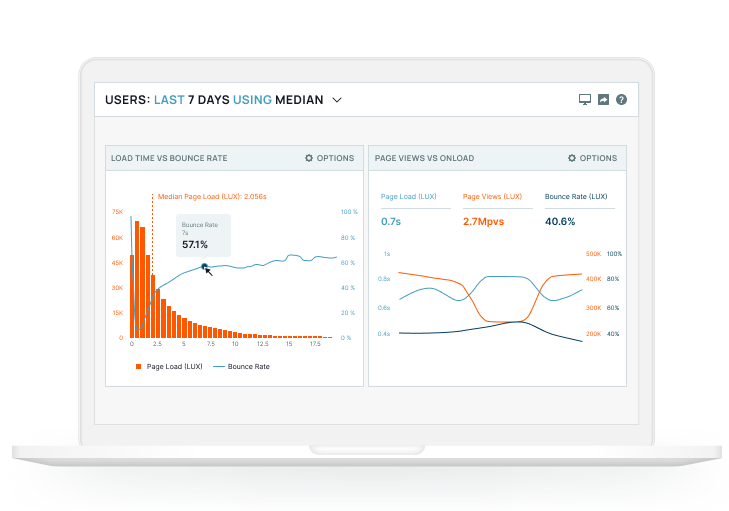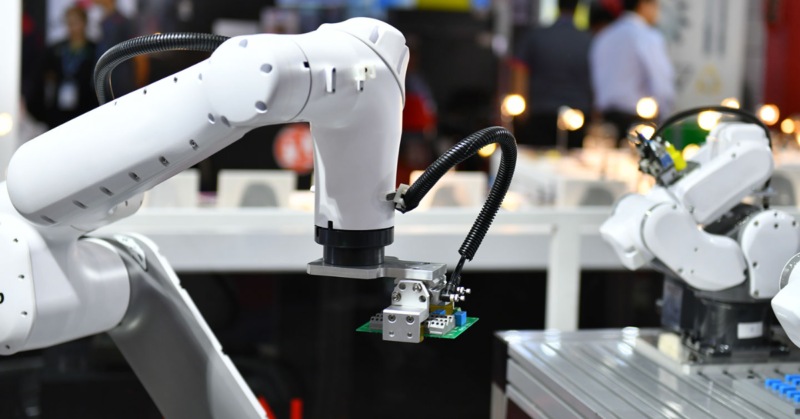Solution Highlights
- Provided deeper insights into the equipment behaviors to use these in strategic decisions
- Recommended on data quality and quantity improvements to build a PdM solution
- Advised on better storage and management of big data
- Performed anomaly detection to better understand the EV charger behaviors
- Investigated the charging sessions with a really long duration as the anomaly
- Cleaned the data and transformed it into a suitable format to use in ML

About the Project
Customer:
EV Connect sells modern Electric Vehicle (EV) charging solutions with premium 24/7 customer service. Having previously collaborated with Intelliarts on custom software development, EV Connect sought to enhance its services further. They approached Intelliarts with a request to develop a predictive maintenance system. This new EV maintenance solution would optimize the reliability and efficiency of their charging infrastructure.
Challenges & Project Goals:
Just like any other devices, EV charges are at risk of abrupt outages, which causes lots of inconvenience for the company’s end-users. To address this, we collaborated with the customer to implement predictive maintenance for EV chargers solution. This PdM system allows for predicting and preventing failures in their charging stations, minimizing downtime and improving service reliability.
Solution:
For the company to be able to build an ML-powered predictive maintenance solution, Intelliarts conducted a detailed analysis of historical data received from EV chargers and data anomaly analysis to better understand which behaviors usually result in EV charger downtimes. A big part of the work also involved transforming raw data from log records into a structured format so the company could use it in machine learning algorithms later. These efforts were essential for EV charger uptime optimization, ensuring maximum efficiency and reliability of the charging stations.
Business Value Delivered:
Intelliarts provided EV Connect with a range of business insights, such as about the behavior of the EV Connect’s charging stations, usage patterns, and system performance, to use these in various strategic decisions later.
We also made preparations for building a predictive maintenance solution. Specifically, we shared with our partner a set of specific recommendations on what additional raw data to be collected, the proper format and type of data to use to increase the predictive power of the ML model. Our data scientists also advised on improvements to the customer’s data collection pipeline, including automating the labeling process and building the cold storage on top of AWS S3.
ML Development, Data Analysis, Big Data, IoT Solutions, Data Science
Technology Solution
After a series of meetings with EV Connect, we agreed on building an ML-powered solution for the predictive maintenance of EV chargers. In the future, the solution should allow the company to mitigate the risk of the EV chargers breaking down abruptly.
So far, we completed the first steps for the company to build a PdM solution in the future:
- We piloted the project by translating raw data from log records into a structured format so the data could be used in ML algorithms later. EV Connect had lots of historical data received from EV chargers via the OCPP protocol. This data included info about EV Connect charging stations, charging sessions, users, vendors, and tariffs and was stored in the MongoDB data platform. The company also used an ElasticSearch database, where one can find over 100 GB of unstructured text data, mostly log application messages and RAW data from EV chargers. The entire project and data were hosted on AWS.
- Among the things we did, our data engineers cleaned the data, handled the missing values, and translated data into suitable formats to feed the future ML model. The team used Python as the primary language for data processing, as well as Pandas, Numpy, and SciPy libraries to prepare and transform the data for further use in machine learning.
- Data visualization was handled with the help of Seaborn and Matplotlib libraries. Here, our data engineers tried to uncover patterns and correlations in the customer’s data that could drive business decisions and improve the service.
- The analysis of both MongoDB and ElasticSearch data provided us with a better understanding of user behaviors, usage patterns, and system performance. We then passed these insights to the company to use them in various strategic decisions, including tariff adjustments and system optimization.
- During the data analysis, Intelliarts also received multiple insights into the quality of the state diagnosis data and the extra data required but missing to build the PdM solution we planned. Additionally, we identified gaps in the existing EV charging station maintenance system, recommending strategies for improving data quality and predictive power by preserving raw historical data instead of aggregated formats and using the appropriate data type and format.
- We also noticed the ambiguity in the existing maintenance of EV charging stations and helped the customer improve and automate the labeling process.
- To find anomalies, our data scientists used three unsupervised anomaly detection algorithms, namely DBSCAN, the isolation forest algorithm, and the local outlier factor. As a result, we found two data clusters with normal behavior and one cluster with abnormal behavior. Under the guidance of the station’s technical experts, we made an effort to interpret this finding from the business perspective, so the company could improve the behavior of their EV charging stations.
- The anomaly detection analysis also helped us discover the charging sessions with a really long duration. This observation didn’t look normal to us, so we invested more effort in this investigation and, hence, provided the customer with deeper insights into their equipment behavior.
Business Outcomes
To help the customer to prepare for the PdM project implementation, the Intelliarts team completed data analysis and data anomaly detection. We also transformed data into a new format so it was possible to use them further to build a predictive maintenance solution. As a result, we:
- Provided EV Connect with a detailed recommendation on how to improve their data collection pipeline. Specifically, we advised on the extra raw data that needs to be collected; the proper format and type of data to use; the automation of data labeling; and how to build proper cold storage on top of AWS S3 for effective long-term storing of historical data
- Delivered a range of business insights that should help the company improve their processes and enable smarter decision-making, from tariff adjustments to system optimization, ultimately enhancing EV connection efficiency and ensuring seamless charging experiences for end users.
- Together with the station’s technical experts, we performed a series of discussions to interpret the insights collected during data and anomaly analysis from the business perspective, so the company could improve the behavior of their EV charging stations and increase EV connection reliability based on this










